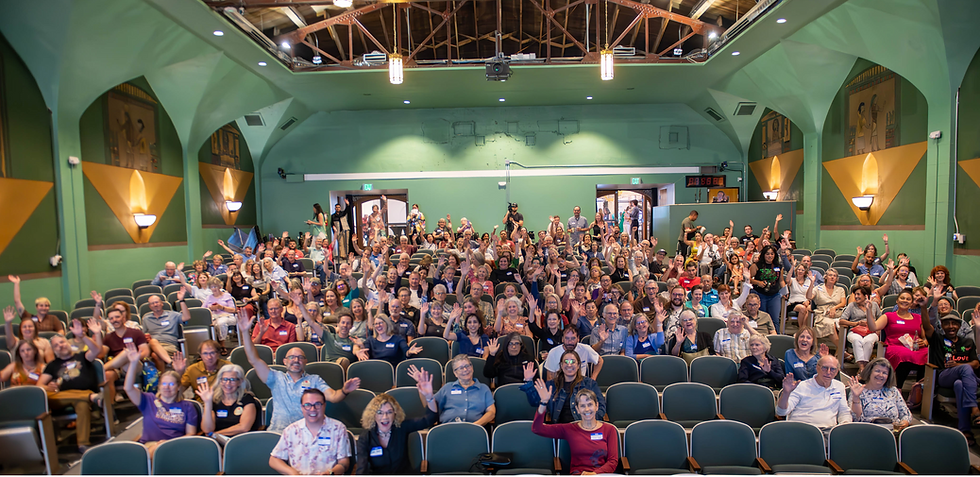
Empowering Denver’s Neighborhoods for Over 50 Years
Since 1975 Denver Inter Neighborhood Cooperation (INC) has brought the city’s neighborhoods together by sharing news, organizing events, taking action on issues, and fostering a spirit of community.
Coming Up Next
From our monthly Community Connections to our annual Awards Ceremony and more, stay up to date with INC’s upcoming events!

 Fri, Aug 01The Curtis BallroomDenver INC has a number of committees to address the many issues residents and registered neighborhood organizations face. Committees gather together to research, review, and educate residents about issues affecting our city and neighborhoods. These include; Zoning and Planning, Transportation, Clim
Fri, Aug 01The Curtis BallroomDenver INC has a number of committees to address the many issues residents and registered neighborhood organizations face. Committees gather together to research, review, and educate residents about issues affecting our city and neighborhoods. These include; Zoning and Planning, Transportation, Clim
 Fri, Aug 01Civic Center ParkInter-Neighborhood Cooperation’s mission is to advocate for Denver residents by bringing together, informing and empowering Denver neighborhood organizations to actively engage in addressing City issues. Denver INC is made up of neighborhoods and individuals all working together to keep Denver great
Fri, Aug 01Civic Center ParkInter-Neighborhood Cooperation’s mission is to advocate for Denver residents by bringing together, informing and empowering Denver neighborhood organizations to actively engage in addressing City issues. Denver INC is made up of neighborhoods and individuals all working together to keep Denver great
 Fri, Aug 01Denver Neighborhood HubEngage in discussions with Denver's vibrant neighborhood communities and explore opportunities for collaboration and engagement.
Fri, Aug 01Denver Neighborhood HubEngage in discussions with Denver's vibrant neighborhood communities and explore opportunities for collaboration and engagement.

Event Title
Event Time
Event Date
Change the event description to include your own content. Adjust the settings to customize the style.

December 2025
SUN
MON
TUE
WED
THU
FRI
SAT
Key Focus
Empowering Denver’s neighborhoods through advocacy, collaboration, and civic engagement.
Collaborative Efforts
Our collaborative efforts are aimed at creating a lasting impact on Denver's neighborhoods. By working together, we can achieve positive and sustainable change.
Resource Sharing
Sharing resources and knowledge among neighborhoods creates a strong support network. Through collaboration, we empower each other to thrive and succeed.
Diversity Celebration
Celebrating the diversity of Denver's neighborhoods enriches our community. Embracing our differences leads to greater understanding and unity.
Community Building
Building a sense of community strengthens the bond among residents and organizations. Together, we create a vibrant and inclusive Denver.










